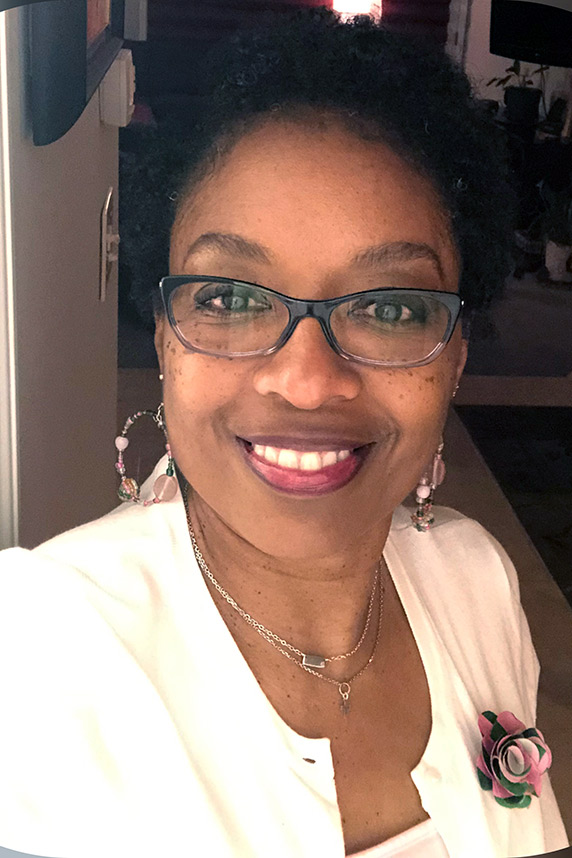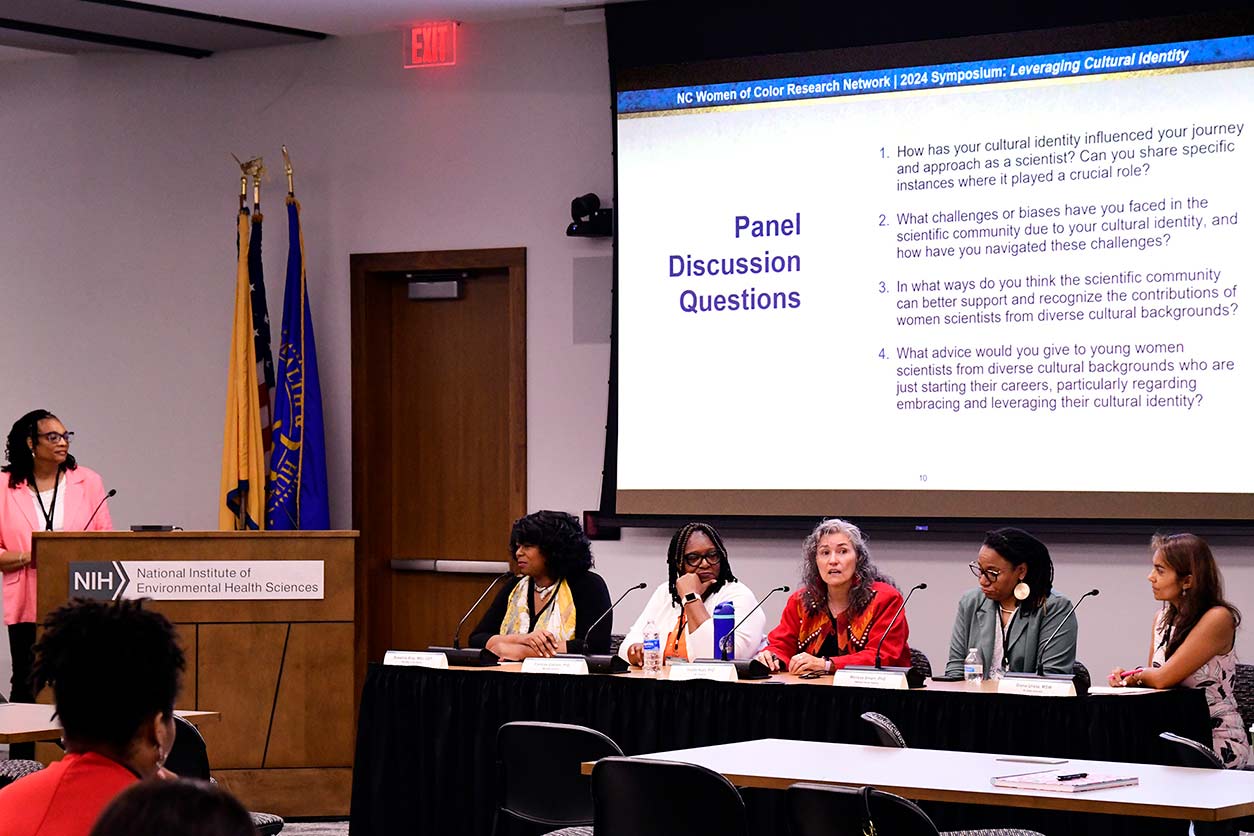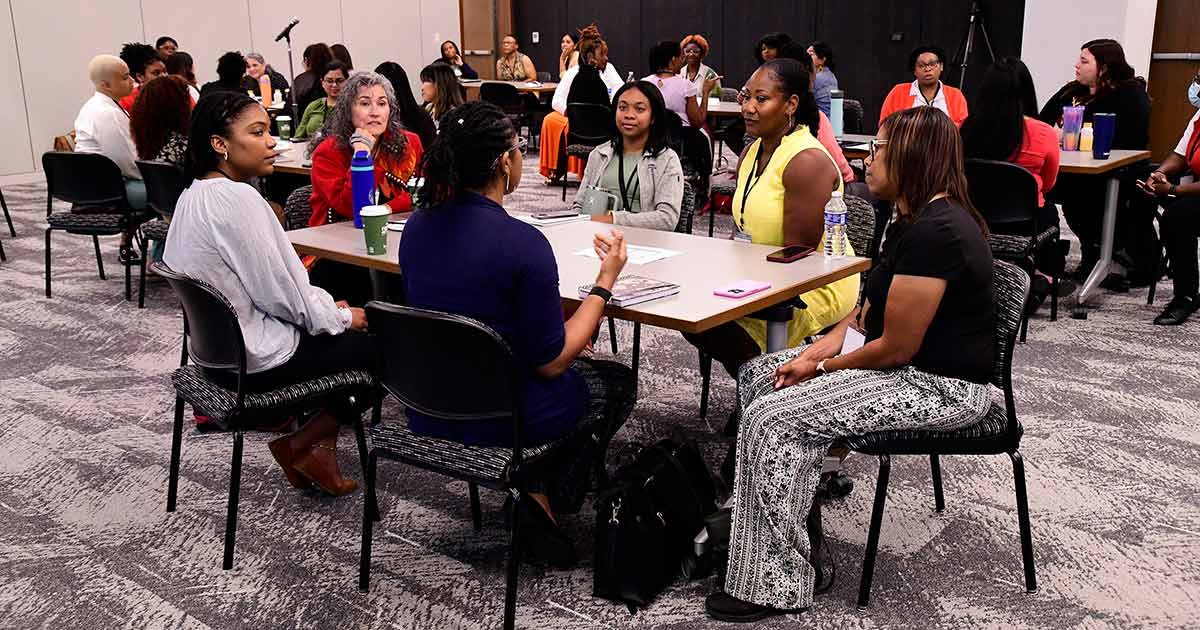NIEHS hosted the NC Women of Color Research Network (WoCRN) 2024 symposium in partnership with North Carolina State University (NC State) July 31. Themed “Leveraging Cultural Identity,” the event brought together more than 100 individuals from academia, government, and industry to boost opportunities for scientific collaboration, networking, and career development.
“When we talk about leveraging cultural identity, we are referring to who we are, where we grew up, because the work that we do is a part of who we are, and is not separate just because we work in STEM,” said NC WoCRN co-chair Ericka Reid, Ph.D., director of the NIEHS Office of Science and Diversity. “By embracing our identities, we can bring unique perspectives to the table, which are essential for innovation and problem-solving in research organizations and many other professional endeavors.”

Sharing powerful stories
Panelists shared powerful stories of how their cultural identities influenced their journeys in STEM. For example, Diana Urieta, M.S.W., senior director of the Juntos Program at NC State, emphasized how her immigrant experiences were pivotal in her career progression.
“My cultural identity has been instrumental in my success,” she noted. “Growing up as an immigrant child, learning English in the first six months in the U.S., and translating for my family at a young age — those experiences have helped me step outside the box as I navigate environments that sometimes want me to stay inside the box.”
Melissa Smarr, Ph.D., program director at the National Cancer Institute, echoed that sentiment.
“I always include a picture of my hometown whenever I give a presentation,” she said. “I’m proud of my roots, and these lived experiences allow me to offer a unique perspective in NIH [National Institutes of Health] training and funding programs.”
Also at the meeting, Rosalina Bray, NIH Extramural Staff Training Officer, highlighted the significance of bringing diverse voices into leadership roles.
“When I stepped into leadership at NIH, I made sure to bring my diversity with me,” noted Bray. “I know the health statistics in the South, and it was crucial to ensure that those voices were represented at the decision-making table.”

(Sam Tyler is a technical writer-editor in the NIEHS Office of Communications and Public Liaison.)
Source link
factor.niehs.nih.gov

